1
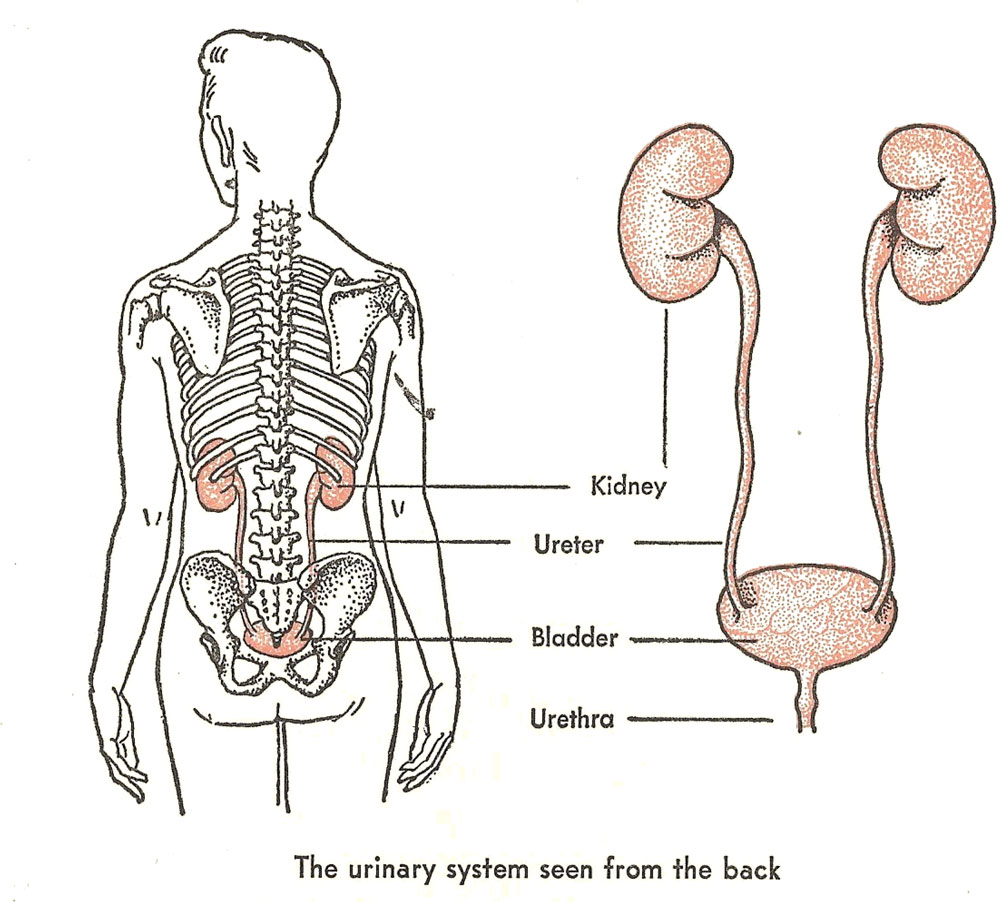
1
I write so as not to construct theories. To keep mind from shitting and treating pleasure with contempt. Unlike Andy Warhol and the institutions which serve to certify ‘masterpieces’, I do not like to bore the nervous system and I do not care much for the avant-garde, this necessity to name, to convert libidinal energy into a system of representation.
2
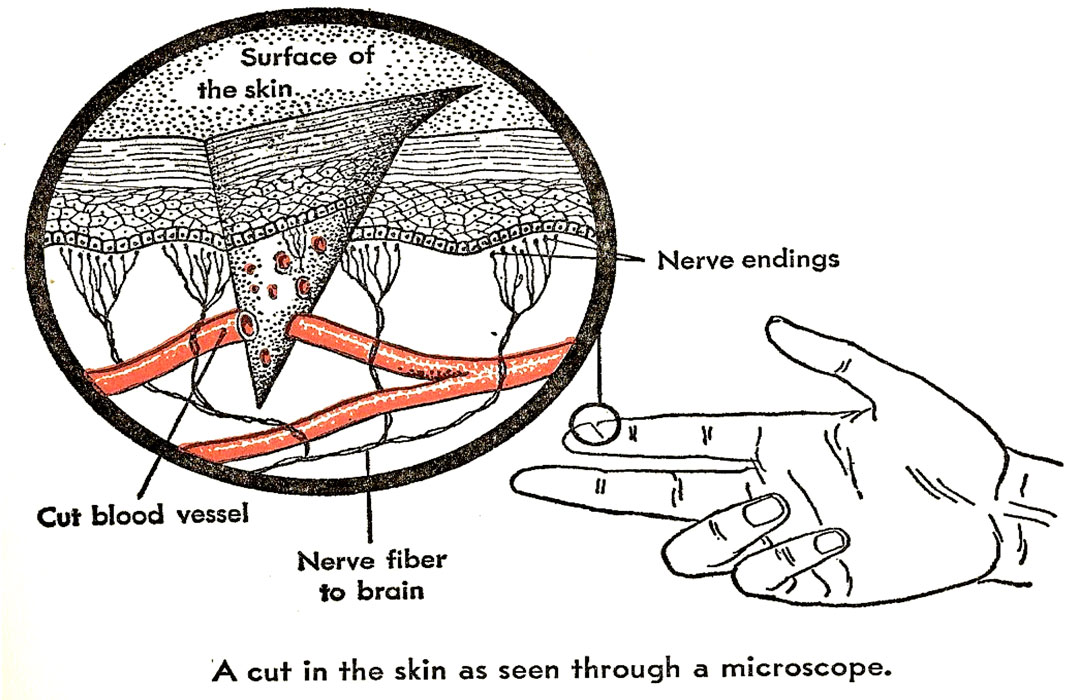
2
People talk about writing as if it could be something other than the immediacy of desire, the breast bone, the plexus, the nails, the teeth, the hairs, the vulva, the motor nerves, the skin, the plasma, the areolas, the respiration, the anterior region of the skull, the fibula, the sacrum, the fists, the vagina, the clots; staging language to avoid body as if they actually believed Freud’s thesis that the libido invests the social field only as long as it’s desexualized and sublimated. ‘Serious art’, they will say, ‘cannot be achieved without its cost. But worry not, you shall be compensated by the academies, the foundations, the residencies, the literary magazines and journals, all the means through which serious writing and its practioners are legitimized’
3
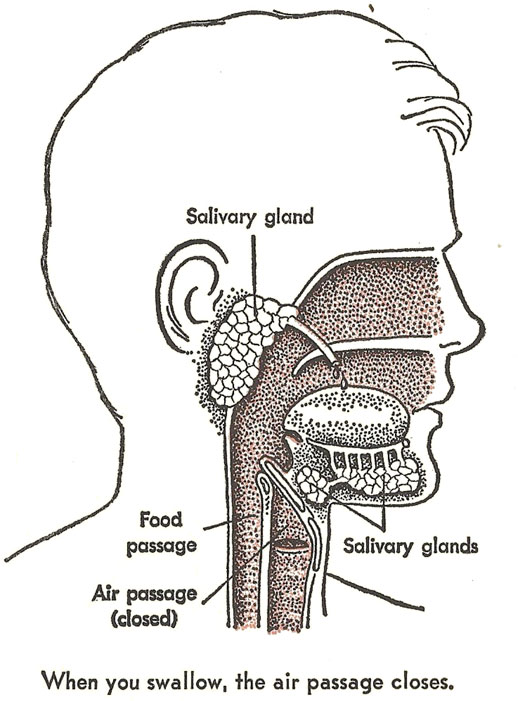
3
It is no secret that repression and/or a certain generalized discourse about language – that has nothing to do with writing but with the place it occupies in our process of reasoning – is usually thought more consistent than the belief in tongue, which, let’s be honest, is thicker and more slippery than any literary politics to date. Desire, body, still remain the principal threats to the continuous quest for truth (read: knowledge). Fortunately, as with fucking, language is in no sense pure. It can’t be. Otherwise, we would be talking about bodies that have no sense of body.
4
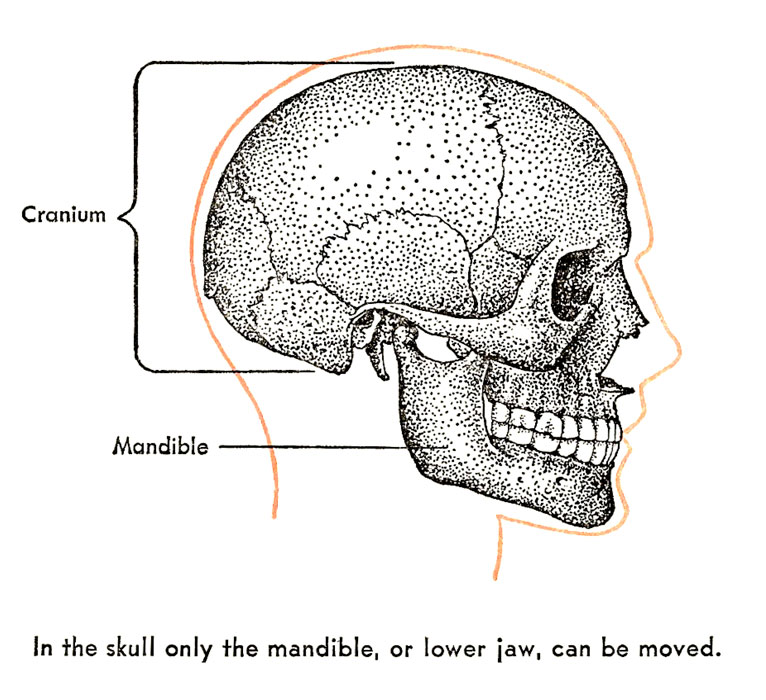
4
Hilda Hilst was right when she said that ‘man is flesh, blood and bones too, but that’s it’; And for some time now, I have been obsessed with this idea that writing is an exercise in anatomy where desire is fated not only to manifest itself on the page by erection but also to indicate that body is not a space of origin but a territory that disorients. A sort of mouth orifice, it annihilates the need for an epistemological bridge between language and the world at the same time that it allows for a necessary bleed of hands, womb, sex, feet, plexus and mind. A physiological frenzy that moves against a fear of proximity. As Nietzsche himself points out:
If there is to be art, if there is to be any aesthetic doing and seeing, one physiological condition is indispensable: frenzy. Frenzy must first have enhanced the excitability of the whole machine; else there is no art. All kinds of frenzy, however diversely conditioned, have the strength to accomplish this: above all, the frenzy of sexual excitement, this most ancient and original form of frenzy
5
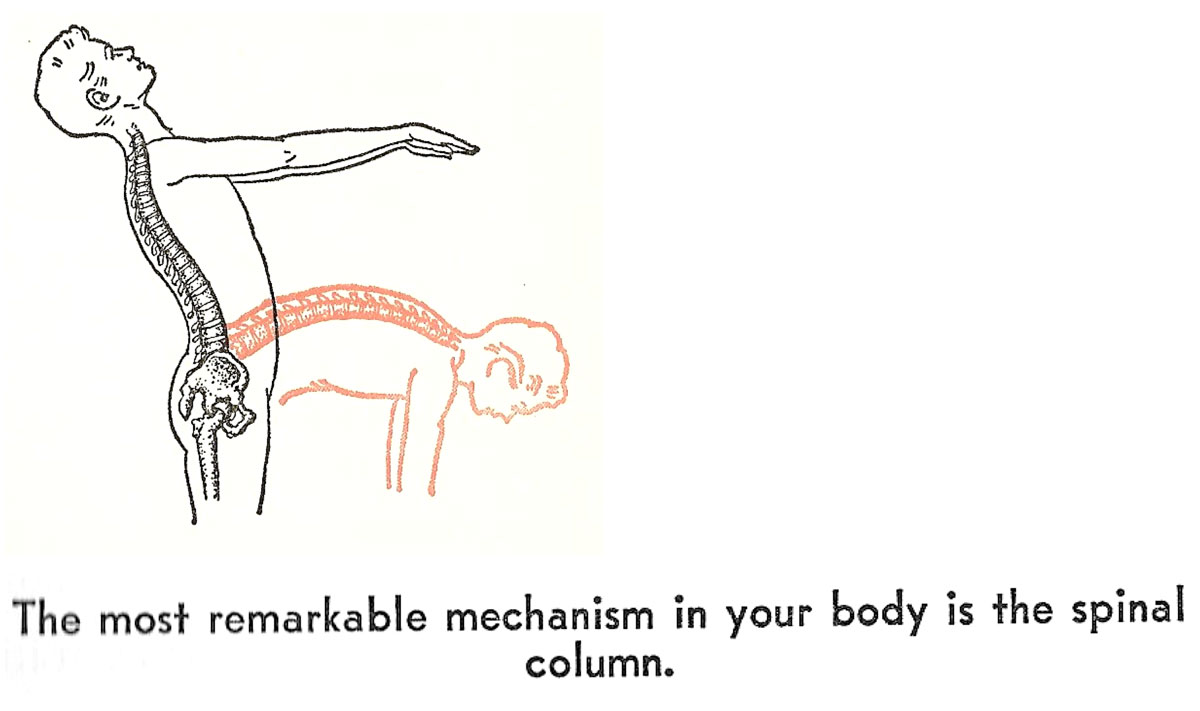
5.